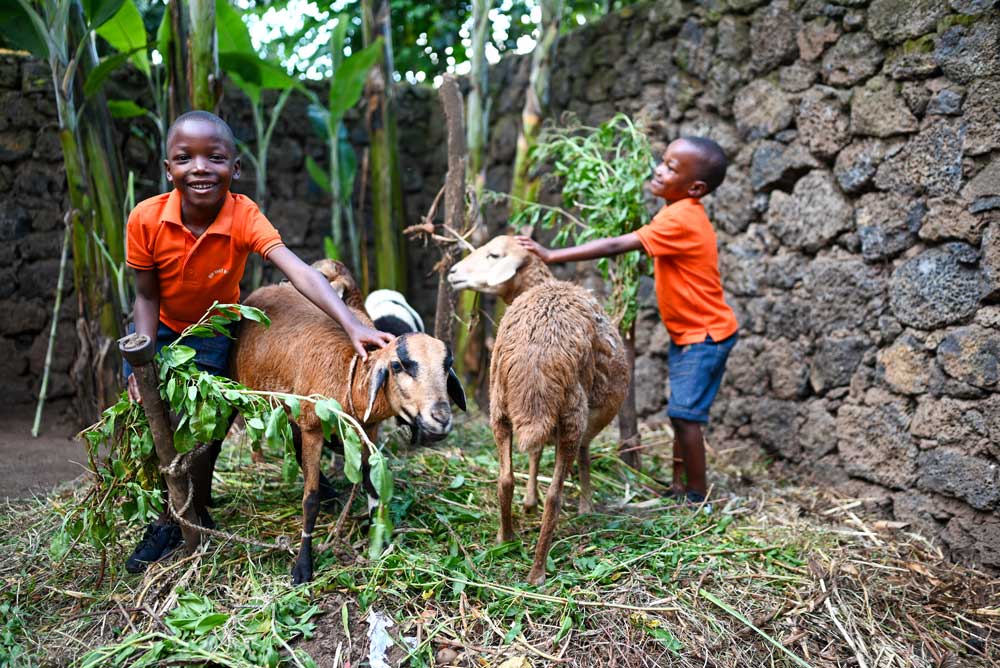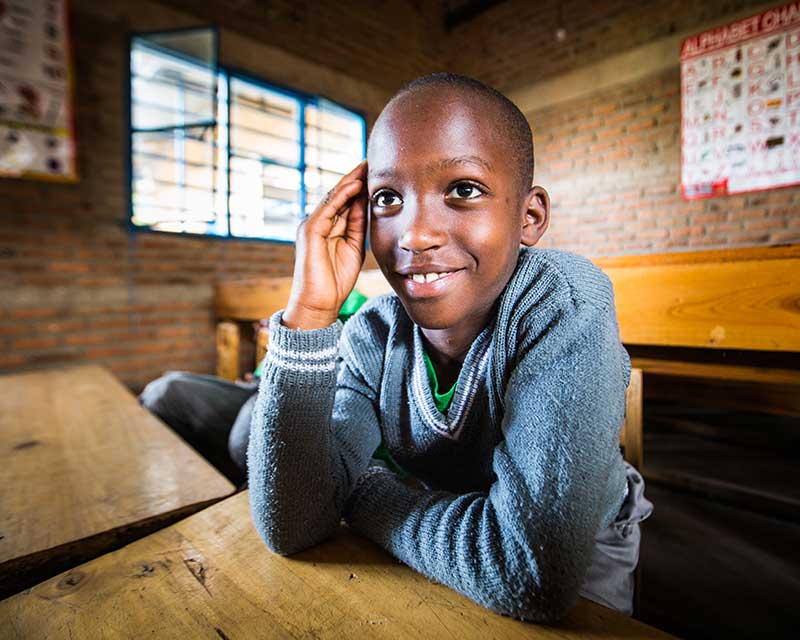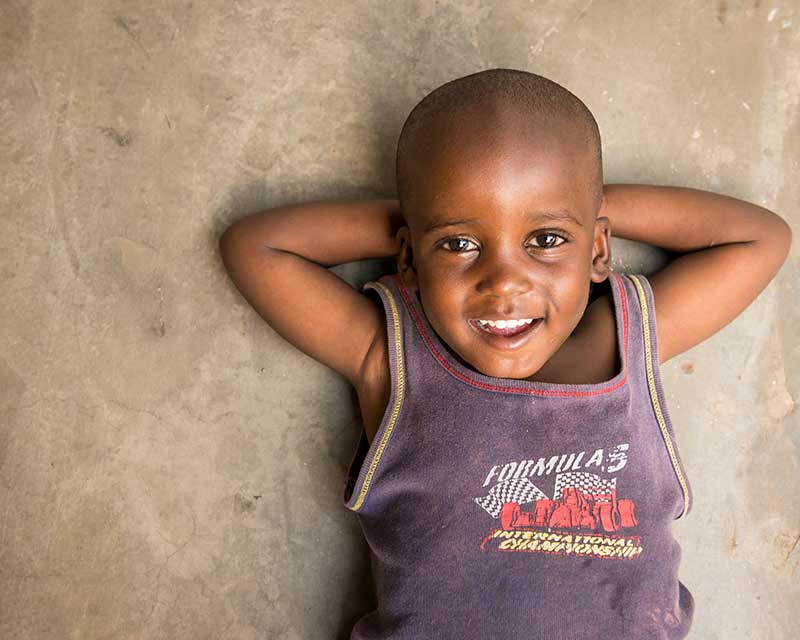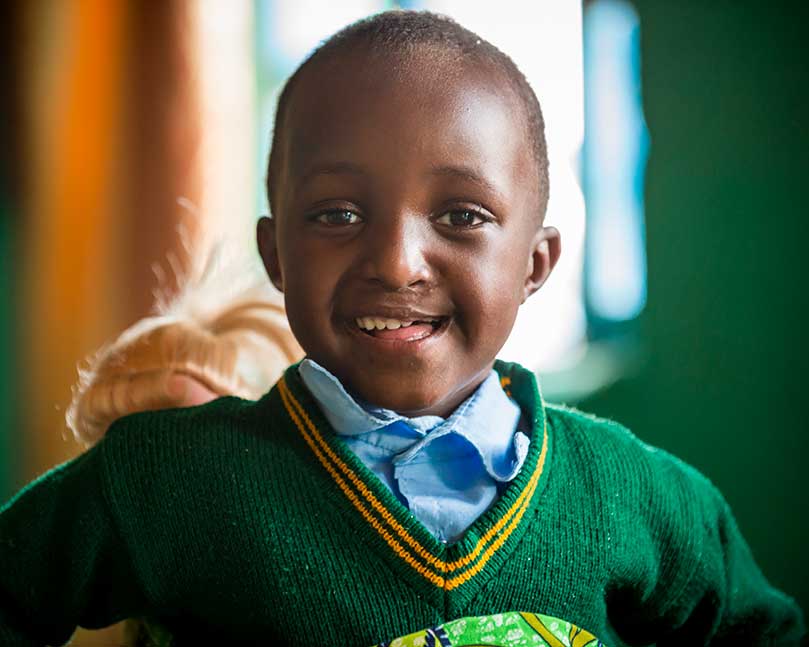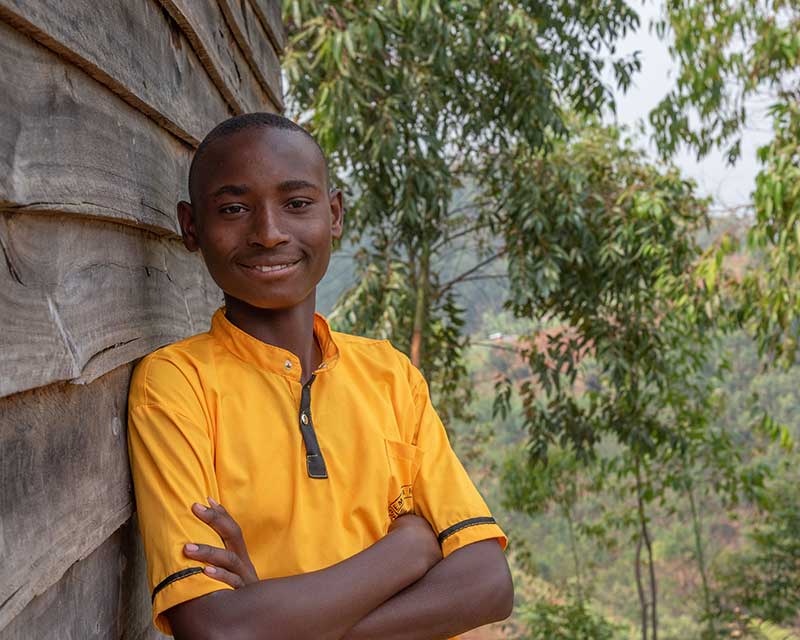Despite its small size, Rwanda is one of the most densely populated African nations. Known as the ‘land of a thousand hills’, the country’s breathtaking mountainous terrain is also home to the endangered mountain gorilla. Rwanda’s environmental conservation efforts are robust and include a plastic-bag ban in place since 2008.
More than two decades after a devastating genocide, Rwanda is making progress in the fight against poverty. But millions still struggle to meet their daily needs—and the COVID-19 pandemic coupled with the global food crisis threatens many more.
A history of ethnic tension culminated in the devastating genocide of 1994, in which more than 800,000 people were killed. In the aftermath, many millions more found themselves pushed into poverty and struggling to meet their basic needs. In the decades since, Rwanda has instituted reconciliation measures to help bring healing and forgiveness between different ethnic groups in communities across the country. For many places, these measures have been successful and progress steady.
Agriculture counts for much of Rwanda’s economy. A recent focus on information and communications technology and a strong tourism sector have helped the economy to grow. From 2001 to 2014, these strong economic gains meant that the poverty rate dropped from 59 to 39 per cent (measured by the national poverty line). But that momentum has since plateaued.
For children in need, access to the basics of life—education, shelter, medical assistance, good nutrition and safe water—is difficult. It is these children that local churches are focused on as they serve their communities and live out the love of Jesus.
READ MOREkeyboard_arrow_down
READ LESSkeyboard_arrow_up
